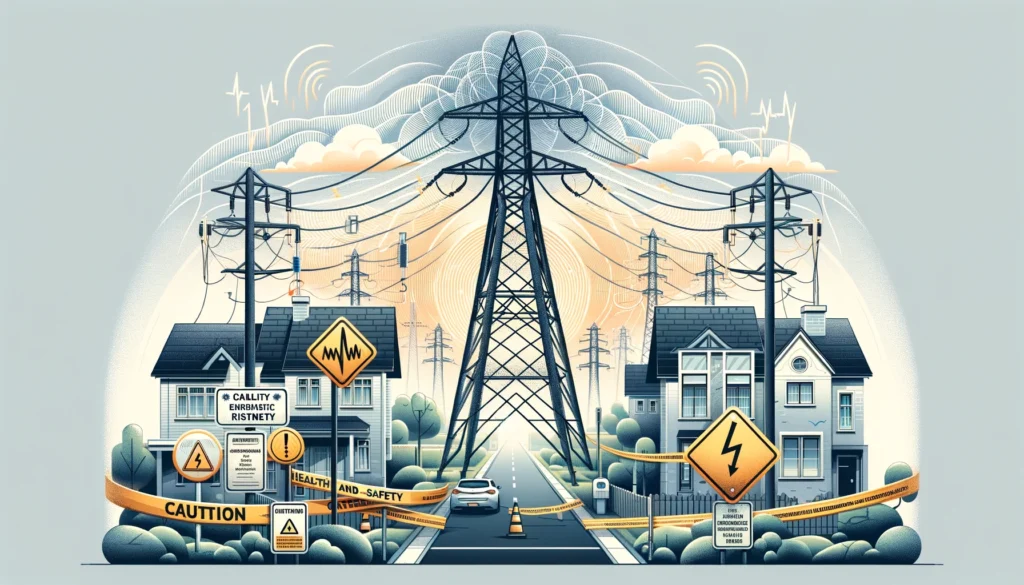Political Freebies Impact: A Deep Dive into Electoral Promises
In the intricate dance of democracy, political parties often extend promises of freebies to sway voters. While these offerings can seem appealing at first glance, they carry nuanced implications for society and the future of governance. This blog delves into the multifaceted impact of political freebies, exploring their consequences on the socio-economic fabric and the broader implications for democratic integrity and economic sustainability.
The Appeal of Political Freebies
Political freebies range from utility bill waivers to free consumer goods, educational grants, and more, designed to attract voter support during election cycles. On the surface, these initiatives can provide immediate relief to economically vulnerable populations, addressing short-term needs and enhancing access to basic services.
Societal Implications
- Short-Term Relief vs. Long-Term Viability: While freebies can offer temporary financial relief to the underprivileged, they often fail to address the root causes of socio-economic disparities. The absence of sustainable development plans can lead to dependency, stifling initiative and long-term economic progress.
- Economic Consequences: The financial burden of funding these freebies can strain public coffers, potentially leading to increased borrowing, higher taxes, or reallocation of funds from critical development projects. This cycle can impede comprehensive economic growth and infrastructure development.
- Impact on Governance: The promise of freebies can overshadow more pressing governance issues, such as corruption, efficiency, and transparency. Voters may prioritize short-term gains over long-term vision and competency in leadership, affecting the quality of governance.
Future Implications
- Economic Sustainability: The continual offering of freebies without a clear economic roadmap can lead to unsustainable fiscal policies, risking inflation, debt accumulation, and compromised financial stability.
- Democratic Integrity: Overreliance on freebies can dilute the democratic process, reducing elections to transactions rather than informed choices about policy and leadership. This trend can weaken democratic institutions and erode public trust in the electoral process.
- Social Cohesion: The selective distribution of freebies can lead to societal divisions, fostering resentment among those who feel left out. Such disparities can undermine social cohesion and the collective pursuit of national development.
Navigating the Path Forward
To mitigate the adverse effects of political freebies, a balanced approach is essential. Political leaders and parties should focus on sustainable development strategies that empower citizens rather than fostering dependency. Investments in education, healthcare, infrastructure, and job creation can provide a more stable and prosperous foundation for society. Additionally, fostering an informed electorate that can discern between short-term incentives and long-term benefits is crucial for the health of democracy.
Conclusion
The phenomenon of political freebies is a complex issue with far-reaching implications for society and governance. While they may provide immediate benefits, the long-term consequences necessitate a thoughtful examination of their impact on economic sustainability, democratic integrity, and social cohesion. By prioritizing sustainable development and informed electoral choices, societies can navigate the challenges posed by political freebies and work towards a more equitable and prosperous future.



